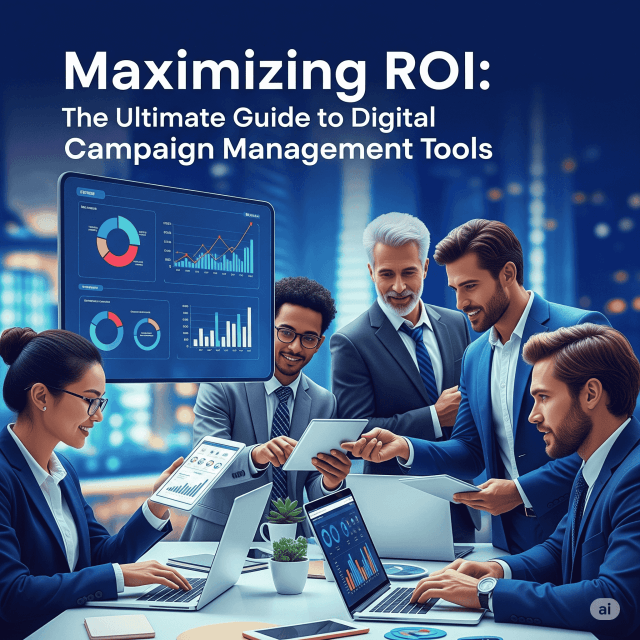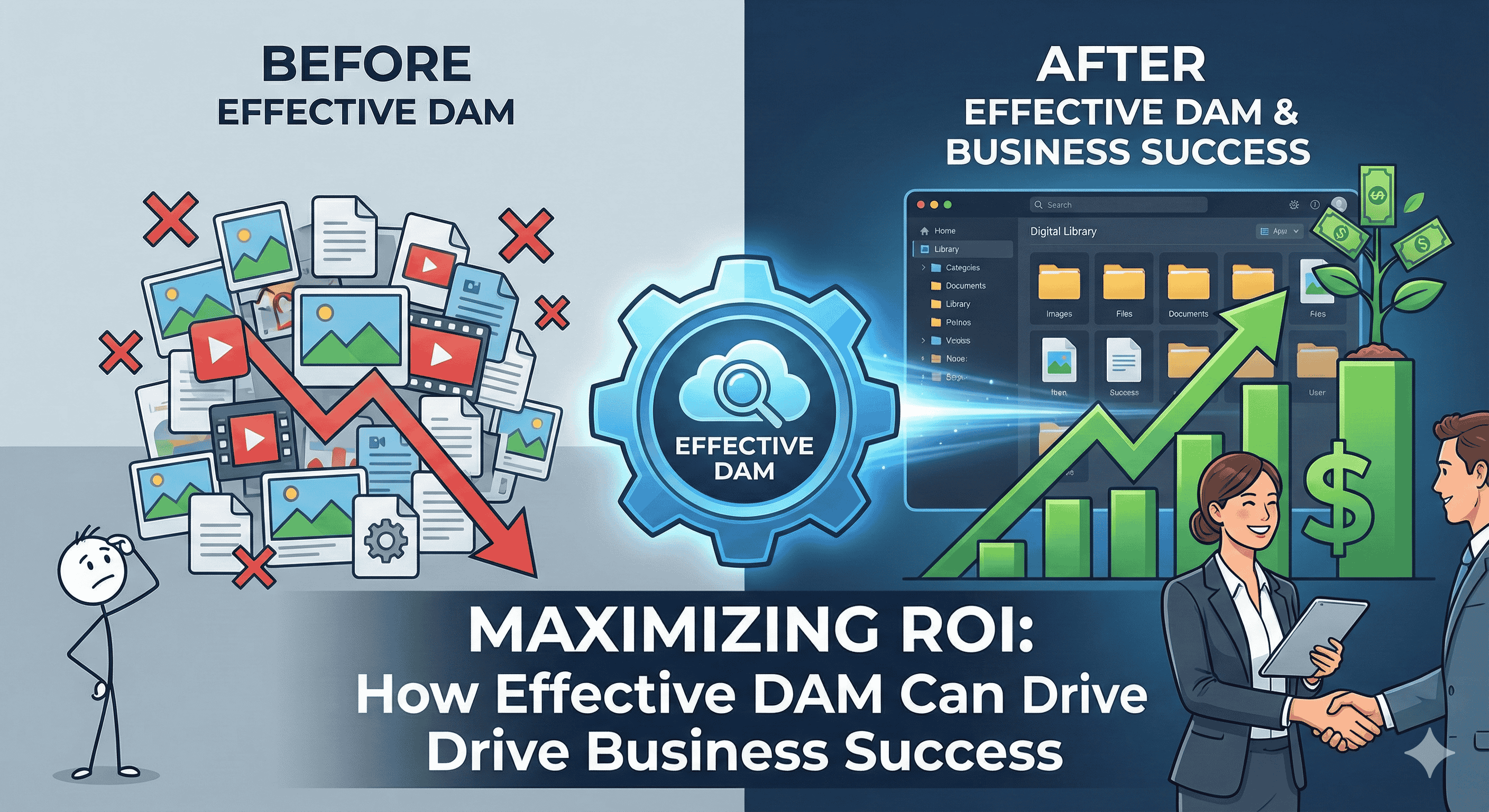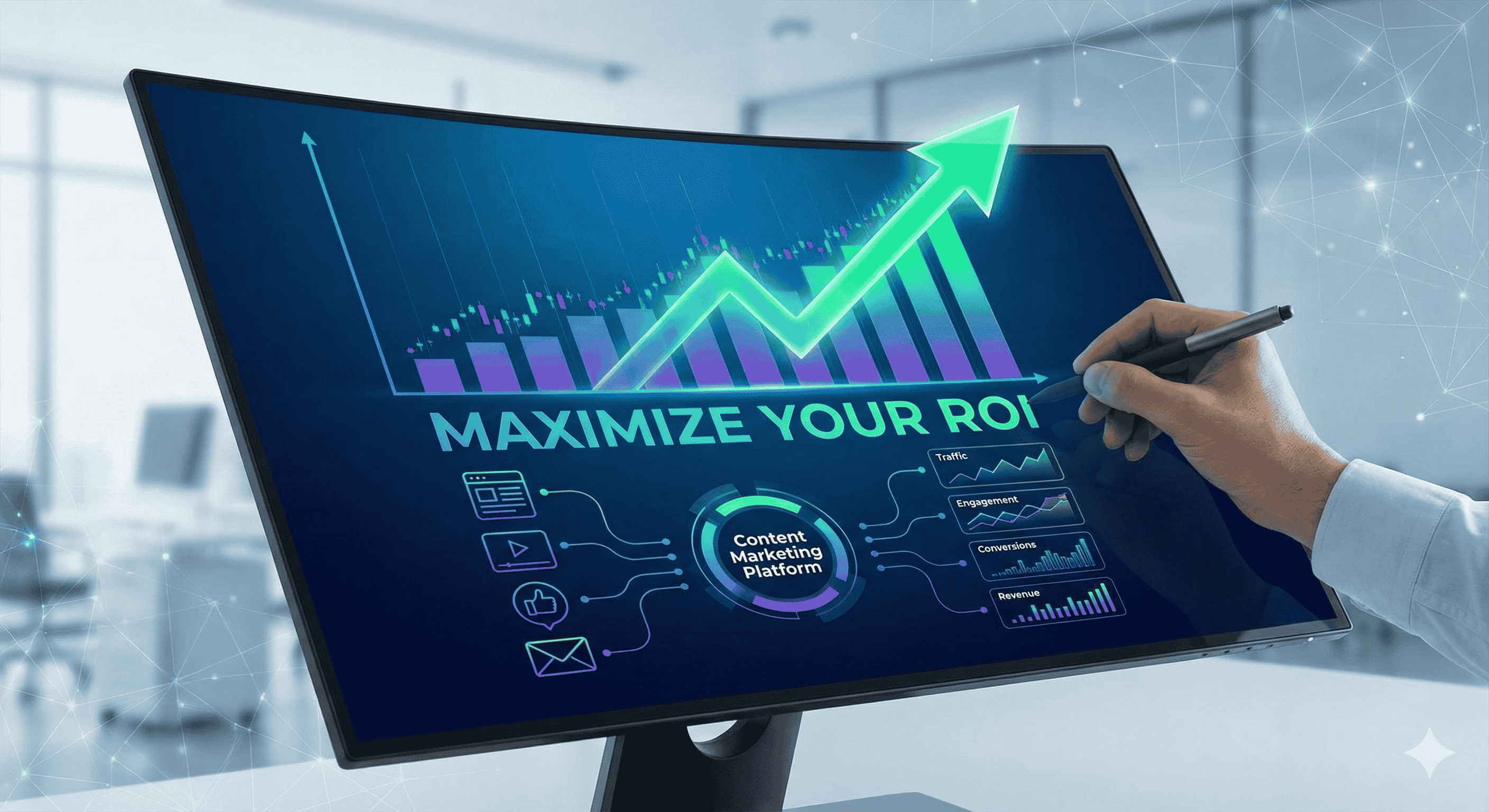In today’s fast-paced digital landscape, marketing campaigns are more complex than ever. With multiple channels to monitor and customer behaviors to analyze, effective campaign management is essential for maximizing return on investment (ROI). Digital campaign management tools can streamline processes, enhance data analysis, and improve results. This guide explores the key features, benefits, and top tools that can help marketers achieve their goals and maximize ROI.
Understanding ROI in Digital Marketing
What is ROI?
ROI, or return on investment, measures the efficiency of an investment relative to its cost. In digital marketing, ROI tracks the returns generated from campaigns against the money spent on them. The formula is straightforward:
[ \text{ROI} = \frac{\text{Net Profit}}{\text{Cost of Investment}} \times 100 ]
A higher ROI indicates a more profitable campaign.
Why ROI Matters
- Budget Allocation: Measuring ROI helps marketers decide where to allocate budgets more effectively.
- Performance Indicators: It acts as a critical metric for evaluating the success of different marketing strategies.
- Stakeholder Buy-in: Demonstrating high ROI can lead to greater support from stakeholders and a clearer path for future investments.
Key Features of Digital Campaign Management Tools
Investing in the right digital campaign management tools can enhance your strategy significantly. Here are some essential features to look for:
1. Multi-Channel Integration
Campaigns often run across various platforms—social media, email, web, and more. A good tool should integrate seamlessly with these channels, allowing for unified management.
2. Real-Time Analytics
Access to real-time data lets marketers analyze performance and adapt strategies promptly. Look for tools that provide dashboards for key metrics like click-through rates, conversions, and customer engagement.
3. Automation Capabilities
Automation saves time and reduces human error. Look for features that allow for scheduling, automated responses, and personalized content delivery based on user behavior.
4. A/B Testing Tools
Testing variations of campaigns is vital for improving performance. Ideal tools should allow users to easily conduct A/B tests and analyze the results.
5. Budget Tracking
Monitoring budgets in real-time helps prevent overspending. Advanced tools can provide insights into where budgets are being spent and suggest adjustments to maximize ROI.
Benefits of Using Digital Campaign Management Tools
Improved Efficiency
Automating routine tasks and consolidating data management can significantly enhance efficiency, allowing marketing teams to focus on strategy and creativity.
Enhanced Targeting
Data analytics can help identify and segment target audiences more effectively, ensuring that marketing messages reach the right people at the right time.
Comprehensive Reporting
Data visualization and reporting features simplify the process of analyzing campaign performance, aiding in more informed decision-making.
Better Collaboration
Many tools allow multiple team members to collaborate in real-time, fostering communication and teamwork, regardless of physical location.
Top Digital Campaign Management Tools
Here are some of the leading digital campaign management tools available today:
1. HubSpot
Best For: Comprehensive inbound marketing solutions.
Features: Offers CRM, marketing automation, email marketing, social media management, and analytics.
2. Marketo
Best For: Enterprise-level marketing automation.
Features: Focuses on lead generation, nurturing campaigns, and robust reporting capabilities.
3. Hootsuite
Best For: Social media management.
Features: Allows scheduling and monitoring across multiple social media platforms, with reporting features for performance analysis.
4. Mailchimp
Best For: Email marketing and automation.
Features: Easy-to-use interface, automation, A/B testing, and detailed analytics.
5. Google Analytics
Best For: Performance tracking across web campaigns.
Features: Provides in-depth analysis of website traffic and user behavior, essential for measuring digital marketing effectiveness.
6. Buffer
Best For: Social media scheduling and analytics.
Features: Simplifies the scheduling process and provides insight into audience engagement.
Conclusion
Maximizing ROI in digital marketing is achievable through the effective use of campaign management tools. By selecting a tool that meets your specific needs—be it analytics, automation, or multi-channel integration—you can enhance your campaign performance and achieve measurable results. As the digital landscape evolves, staying ahead of the curve with the right tools will pave the way for sustained growth and profitability in your marketing endeavors.
Invest wisely in technology, and watch as your ROI soars.









